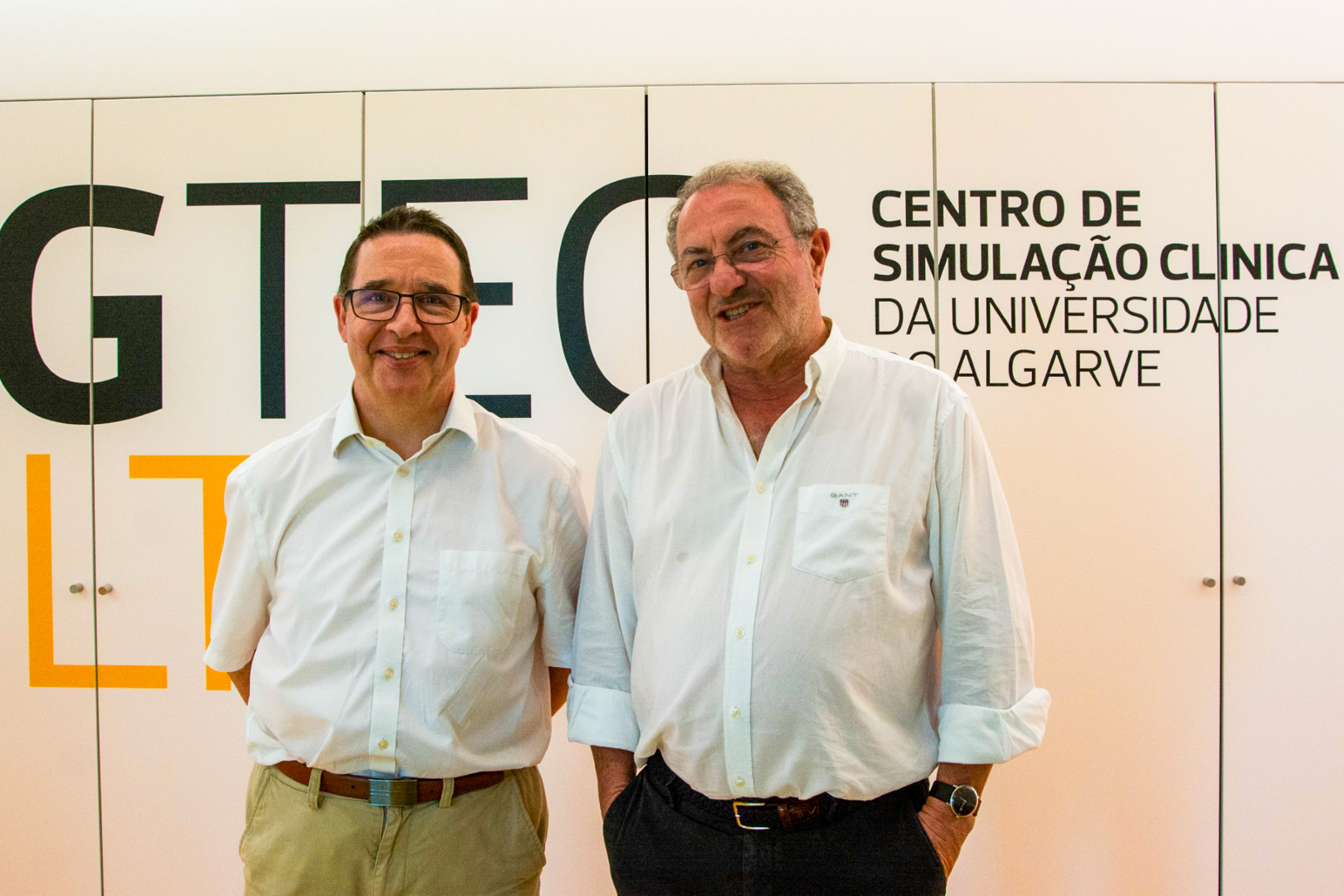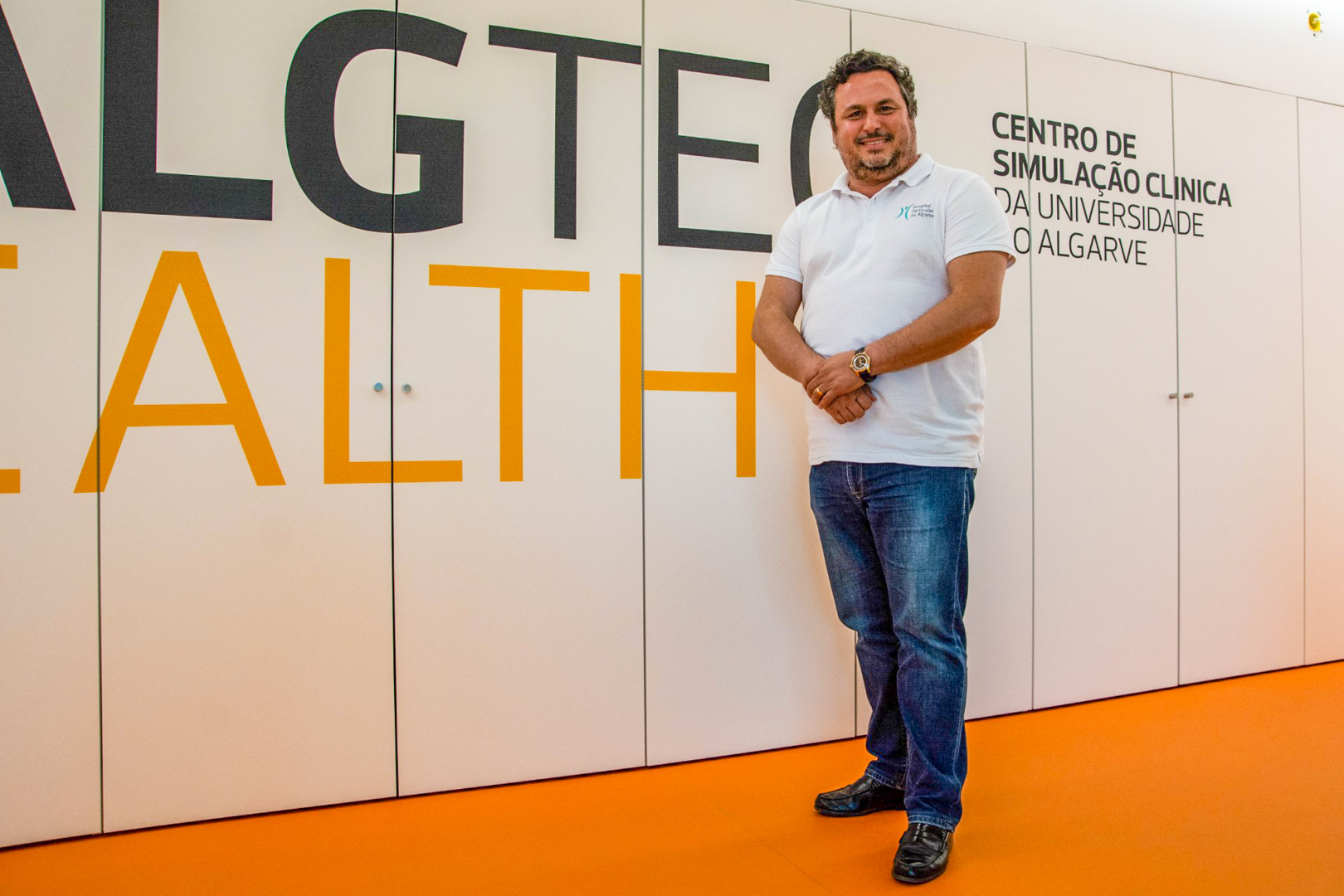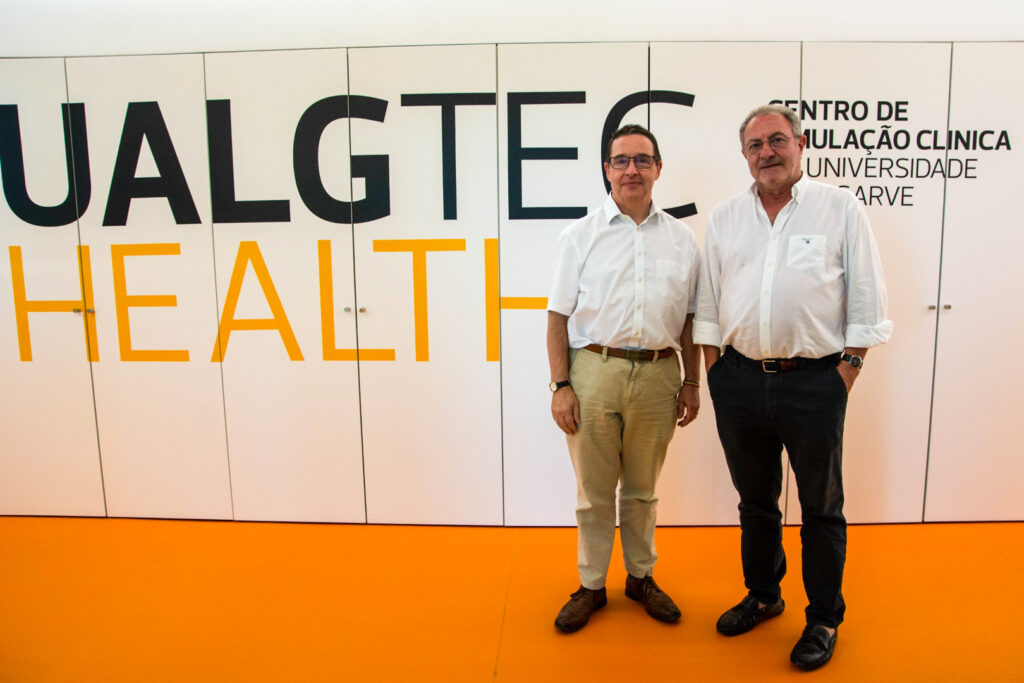Imagine that you are a surgeon on duty in the Emergency Room and a patient is admitted that you have never seen before and know nothing about, in a serious condition, but without trauma or external manifestations of what is affecting him. I believe that any surgeon, in this situation, only has one option: to act quickly, with the probably little information he can obtain in a short time, to try to save that life.
It is to help surgeons make the best decisions, when faced with the unexpected, that the European Surgical Emergency Course serves, which the Algarve hosted for the first time on the 2nd and 3rd of October.
The Clinical Simulation Center of the Faculty of Medicine and Biomedical Sciences (FMCB) of the University of Algarve, on the Gambelas Campus, in Faro, was the place chosen to host this advanced training, which has the scientific sponsorship of the European Society of Trauma and Surgical Emergency and also the American Association of Trauma Surgery, and which the Hospital Particular do Algarve helped to organize.
In Portugal, the course is coordinated by doctor Carlos Mesquita, president of the Lusitanian Association of Trauma and Surgical Emergency (ALTEC). Similar to what happened in the first edition of this training to take place in our country, which took place in Funchal, also in the Algarve (the second ever in our country) the course has international participants and a range of ten trainers, both national and international.
Carlos Mesquita and Jonathan Tilsed, director of the European Society of Surgical Trauma and Emergency (ESTES) and responsible for this European course, spoke with the Sul Informação, at the end of the first day of work, at the FMCB Clinical Simulation Center.

«ESTES has been organizing this course for several years. In Portugal, it is the second time. We took the first course in Funchal and now we decided to come here to the Algarve, because the University of Algarve and the Hospital Particular do Algarve provided us with very good conditions», revealed Carlos Mesquita.
The two institutions are supporting the course «by providing facilities and other types of support».
And, as the two responsible for carrying out the course in the Algarve made a point of highlighting, «one thing that weighed heavily and made it much easier for the course to come here are the excellent conditions that this Faculty of Medicine of the Algarve, namely the medical school and the There is a simulation center, which makes a lot of people jealous.”
«This course is designed to help surgeons who perform emergency surgery to have the knowledge and skills to be able to deal with and do a good job when performing this type of operations», summarized Jonathan Tilsed.
This is achieved by teaching “the decision-making process, so that [doctors] make the right choices”.
«It is the thought and decision-making capacity that make all the difference. As a surgeon, you can perform a brilliant operation, in technical terms, but if it's not the right procedure, it won't do the patient any good», explained Jonathan Tilsed.
This is, moreover, a course that is essentially aimed at «surgeons with many years of experience».
«Some of the candidates are interns in this specialty, most of them in general surgery, but some also in other related specialties, such as urology. We also have military surgeons, as well as hospital service directors in Portugal and senior surgeons, not just new people. It's a mixture», said, for his part, Carlos Mesquita.
«Many of the people who are taking the course are surgeons with a lot of training, in private practice, and it has been like that wherever we take this training. This course is designed for those who want to update their skills and want to learn about the latest advances in emergency surgery. It's the ideal course for them», reinforced Jonathan Tilsed.

Paulo Sousa, a surgeon who is also clinical director of the Hospital de Gambelas of the Hospital Particular do Algarve group, was one of the doctors who attended this course.
It's because?
«We, surgeons, have to be prepared to face situations that are less frequent, because that is what, in reality, saves patients' lives», he said.
«In surgery, something happens like what happens in aviation, with pilots. We have to train many times to not let the plane crash (laughs). And this course is a little like that: they teach us to be prepared to deal with the unexpected,” he explained.
Paulo Sousa highlighted that «in all hospitals there are patients with situations that are more frequent, but every now and then very rare cases arise and we have to be prepared for that. The more we train, the more we prepare to deal with them, the better the result will be».
«At HPA we do a lot of emergency surgery. In Gambelas alone, we must perform around 600 emergency surgeries per year. In the entire group, we must be talking about around 1500 operations per year. We are talking about Alvor, Gambelas and Madeira», revealed the clinical director of Gambelas Hospital.
Taking into account that the most frequent emergency surgeries are “appendicitis or complicating gallbladder or intestinal surgeries”, the technical-scientific approach of the course includes abdominal sepsis, intestinal obstruction, mesenteric ischemia, pancreatitis and acute cholecystitis, among other complications.
«As we are working with experienced surgeons, the lectures are not the classic ones, where someone speaks and no one can ask questions. Here is different. We are talking and anyone in the room can interrupt to ask a question», said Jonathan Tilsen.
At the moment the Sul Informação spoke with those responsible for training, several parallel sessions were taking place, «with small groups discussing challenging clinical cases with a very experienced teaching staff».
«It was the first course here in the Algarve, but the vast majority of participants are not from here. What we hope is that, in the future, it will be possible to take a course again here in Faro, but essentially aimed at surgeons who work here in the region, in Faro or Portimão», wished Carlos Mesquita.
«The Algarve currently has fantastic conditions to host this type of courses. At HPA we have made an effort to bring this type of events to the Algarve, because colleagues who teach courses around the world would not normally come here», believes, for his part, Paulo Sousa.
«We are fortunate to have this close relationship with some simulation centers, which help us bring these types of people here to the Algarve and put the region on the path to great European courses and great training», he concluded.



















Comments